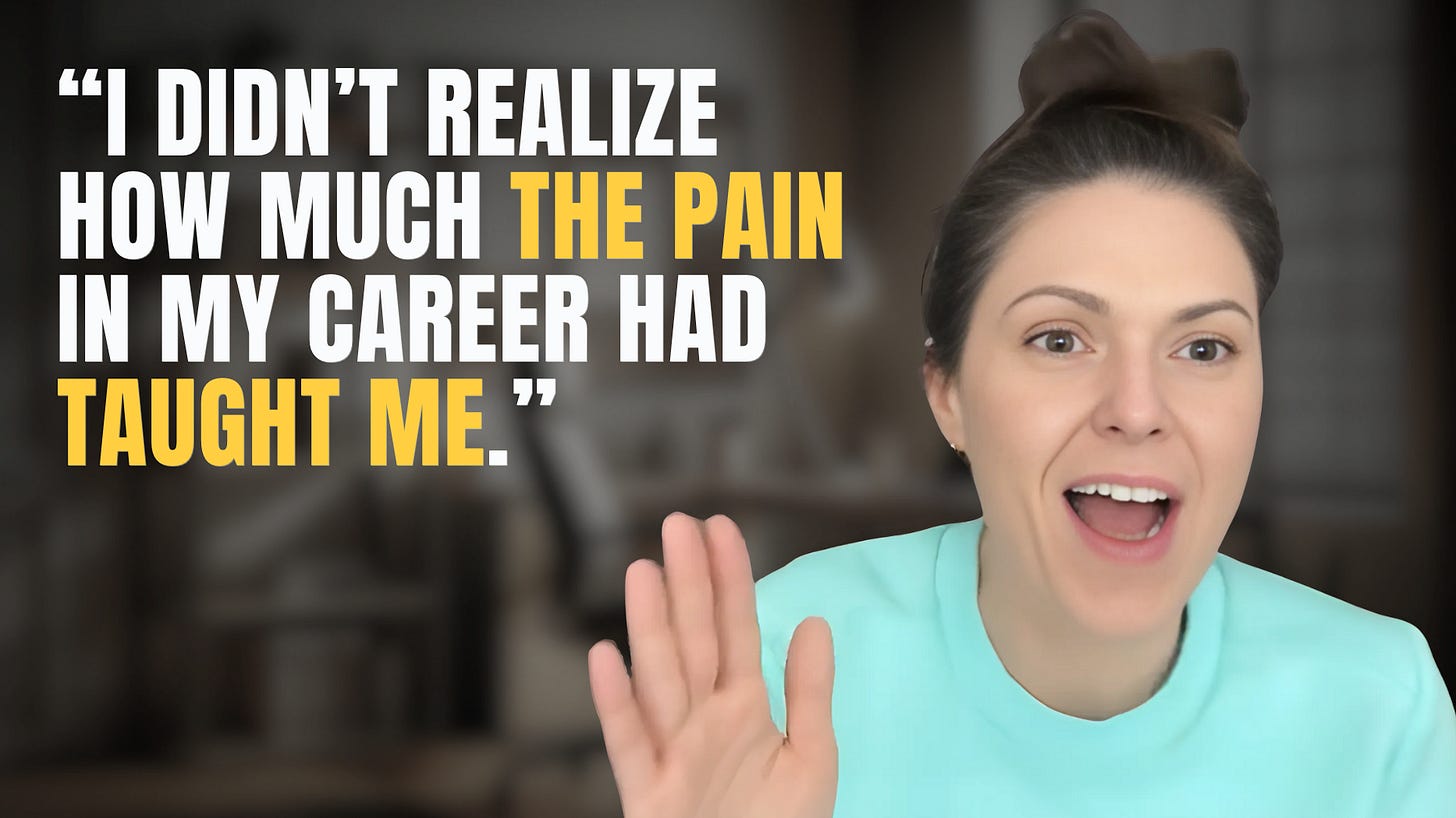How a first-time CEO went from “too nice” to drawing the line — without losing her team
Devin Bramhall set out to lead with empathy - the opposite of what she’d experienced in past startup roles. But in trying to protect her team from pain, she created new problems of her own.
Presented by ThriveStack
The analytics platform built specifically for SaaS growth teams. They make it super easy to track your entire growth model in one place.
No more stitching together five tools or waiting on BI. They unify all your growth data, flag drop-offs automatically, and alert you before your COO asks what broke.
Devin Bramhall wanted to become the kind of leader she never had.
She came up in the startup world. It was fast-paced, under-resourced, and often toxic. “I was never treated well,” she shared.
One boss yelled at her in front of the whole company. Another publicly called her out in Slack. Psychological safety wasn’t part of either culture.
Years later, after working her way up the marketing totem pole, she became CEO of Animalz. Devin set a goal to provide a different type of work experience for her team. She didn’t want them to experience the same pain she felt earlier in her career. So she led with generosity, empathy, and kindness. She wanted people to feel safe.
But then something surprising happened.
“I overdid it,” she told me.
“I didn’t have any boundaries.”
So when a situation required her to step in with a firm response, her team didn’t take it well.
Devin's early career was marked by startup dysfunction.
She worked in marketing. Often as the first content hire. Reporting directly to founders who had never managed anyone before.
That meant, expectations changed weekly. Boundaries didn’t exist. And most of the time, she was just trying to keep her head above water.
At one company, her boss yelled at her in front of the entire team for a mistake that could’ve been handled privately. At another, a coworker publicly called her out in Slack.
Those early experiences became the blueprint for what not to do.
So years later, when Devin was promoted from VP of Marketing to CEO at Animalz (the top content agency for B2B SaaS teams) she wanted to create the kind of workplace she never had.
A place where people felt supported.
Where mistakes weren’t punished.
Where kindness and psychological safety were the default.
She built deep relationships with her team. She prioritized empathy. She was generous with her time and created space for people to be fully themselves.
But in trying to be the leader she wished she’d had, she slowly stopped being the leader her team actually needed.
“I didn’t set expectations clearly enough.”
She gave too many chances.
She let boundaries slide, because she didn’t want anyone to feel the kind of fear she used to feel.
And eventually, it caught up with her.
“I went too far in trying to never have anyone feel pain ever. I overdid it—and created a bunch of monstrous people,” she shared.
Things came to a head over a serious plagiarism incident.
It was a clear violation of Animalz’s zero-tolerance policy, something every employee knew about.
Devin was pissed.
Animalz was supposed to be the best. And the best meant they needed to have the highest standards. She needed to remind everyone that. So she gave a stern talk to the entire company during an All-hands.
The talk wasn’t spitballed, she had prepped it in advance and gotten feedback from her execs to craft the message before delivering to the broader team.
Devin approached the conversation with a serious tone. She wanted everyone to understand this was a serious moment, with serious stakes.
But the team had a really negative reaction.
“I had never taken that tone before. They said, ‘Devin’s being so mean,’” she shared.
That moment forced her to reflect.
The message she sent was stern, but it wasn’t cruel. It reinforced a clear boundary everyone knew existed. But the message landed harder than she expected.
“I hadn’t set a precedent,” she told me.
Looking back, Devin sees the pattern clearly.
She had over-indexed on kindness because of the situations she experienced early in her career. She wanted to undo her past, but unintentionally recreated a new version of the same chaos.
“I went too far in trying to never have anyone feel pain ever.” she told me.
“I didn’t realize how much the pain I went through had actually taught me.”
Today, Devin leads with more structure - and more self-trust.
She still values empathy. But has learned to pair it with clear expectations, direct feedback, and firm boundaries. She’s learned that kindness without clarity doesn’t serve anyone.
Most of us don’t realize how much our early career experiences shape us.
Devin didn’t, until her good intentions backfired.
She led with kindness. But without clear expectations or accountability, things broke down.
In the process she learned that being a great leader isn’t being kid or protecting people. It’s about challenging them to rise.
Catch Devin’s entire story on YouTube
Listen on Spotify
Ready to build your own version of what’s next?
Get my Free 5-day growth leadership email course
A set of battle-tested frameworks, prompts, and scripts I use with senior growth and marketing leaders to set priorities, align teams, and lead with more clarity.
→ Download the free Growth Leadership Toolkit
Book a 1:1 Coaching Spot
I work with a small group of ambitious growth leaders navigating what’s next—whether that’s a career leap, a team transition, or a more energizing way to lead.
→ Learn more about coaching



